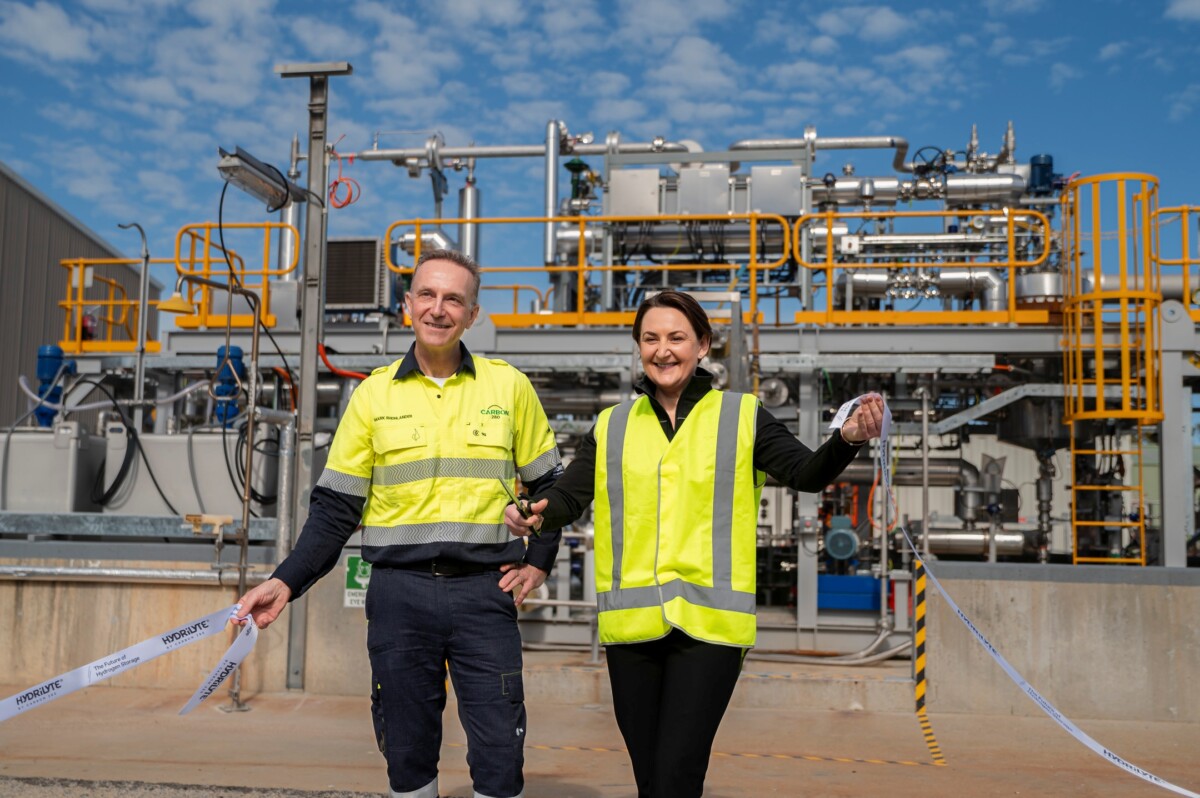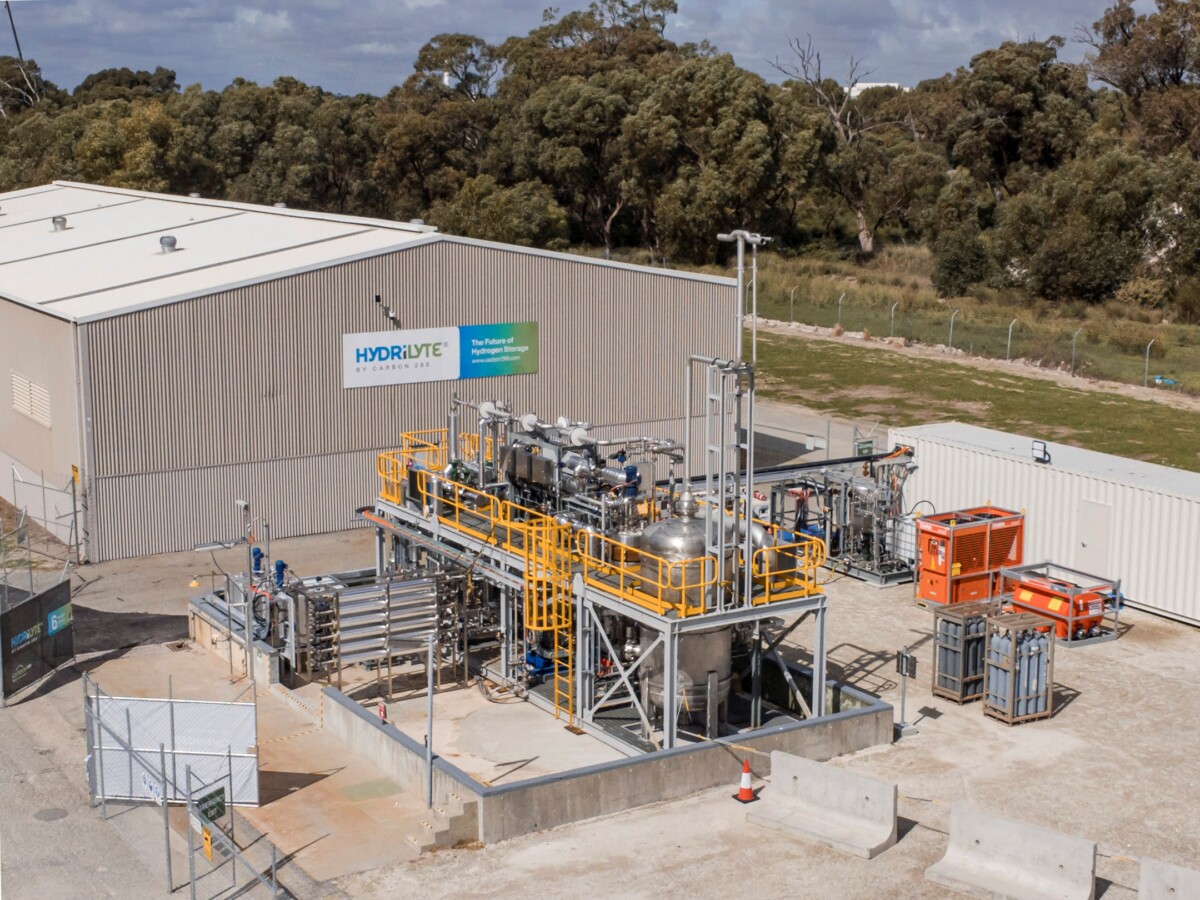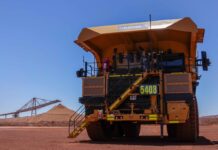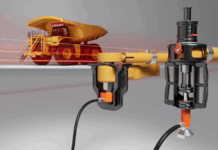Woodside backed hydrogen plant launched

Yesterday, the WA Government opened the $16m Hydrilyte Technology pilot plant — offering the prospect of a safe and scalable way to transport hydrogen.
The plant, operated by WA company Carbon 280 in Kwinana, uses its patented Hyridlyte Technology that uses a metal hydride suspended in a light mineral oil with a process that locks the hydrogen in a solid state within the liquid.
The Hydrilyte and hydrogen solution can be stored indefinitely without loss and requires the process to be reversed to unlock the hydrogen.
Hydrilyte has the potential to lower costs and increase safety for a wide range of hydrogen users, including the manufacture of green iron and steel.

Carbon280 founder and chief executive Mark Rheinlander says natural hydrogen in combination with Hydrilyte will be game changing for the use of hydrogen across all industries, including energy, by slashing costs and simplifying handling.
“Rather than transporting a highly flammable gas you are storing and transporting a safe, low-cost liquid that stores hydrogen under ambient conditions,” he said.
“Low-cost and ease of handling will simplify and speed the implementation of hydrogen projects globally, enabling hydrogen use in applications and geographies with less sophisticated infrastructure.”
As a safe, pumpable liquid, the hydrogen-containing Hydrilyte can be stored and transported using existing liquid fuels infrastructure, including pipelines, tankers and ships.
WA Energy and Decarbonisation Minister Amber-Jade Sanderson says the project is groundbreaking.
“This Made in WA success story is a timely demonstration of how homegrown innovation and engineering excellence can contribute to the local and global energy transition,” she said.
“It also supports advanced manufacturing, economic diversification and the creation of skilled jobs here in WA.
“With its focus on improving the cost competitiveness of the hydrogen supply chain, Carbon280’s technology has the potential to have a significant impact on the hydrogen industry in Australia and across the globe.”
The pilot and laboratory facilities were funded through a $10.6m investment led by Woodside Energy, with support from UK-based renewable energy company Hive Energy, alongside a forecast $5.5m in research and development (R&D) rebates from the Federal Government.






















